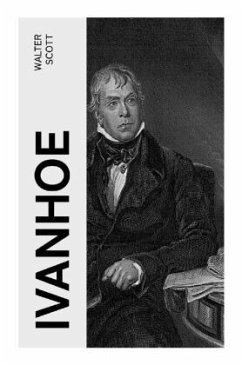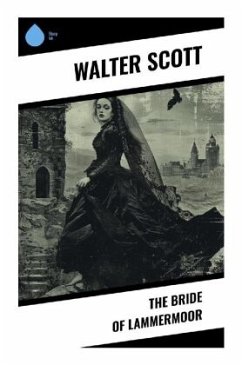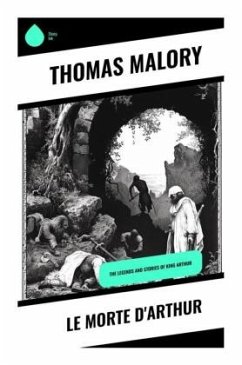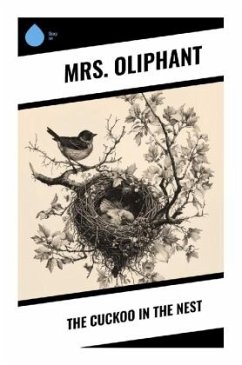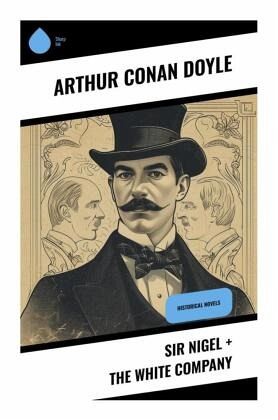
Sir Nigel + The White Company
Historical Novels

PAYBACK Punkte
0 °P sammeln!
In "Sir Nigel" and "The White Company," Arthur Conan Doyle immerses readers in the rich tapestry of 14th-century England, deftly weaving historical fiction with adventure and chivalry. The narratives are characterized by Doyle's hallmark prose-vivid descriptions, crisp dialogue, and a meticulous attention to period detail. "Sir Nigel" explores the youthful exploits and development of Sir Nigel Loring, while "The White Company" chronicles the adventures of a band of archers. Both works reinforce themes of honor, loyalty, and the moral complexities of warfare during the tumultuous Hundred Years'...
In "Sir Nigel" and "The White Company," Arthur Conan Doyle immerses readers in the rich tapestry of 14th-century England, deftly weaving historical fiction with adventure and chivalry. The narratives are characterized by Doyle's hallmark prose-vivid descriptions, crisp dialogue, and a meticulous attention to period detail. "Sir Nigel" explores the youthful exploits and development of Sir Nigel Loring, while "The White Company" chronicles the adventures of a band of archers. Both works reinforce themes of honor, loyalty, and the moral complexities of warfare during the tumultuous Hundred Years' War, providing a nuanced viewing of the era's social and political landscapes. Arthur Conan Doyle, primarily known for his Sherlock Holmes stories, was deeply influenced by his academic background in medicine and a passion for history, which shaped his storytelling approach. His experiences traveling through Europe and an enduring fascination with knightly sagas inspired his portrayal of knights and warriors. This duality in his interests reflects his ability to blend meticulous historical research with gripping narratives, allowing readers to experience both adventure and an exploration of the human condition. I highly recommend "Sir Nigel" and "The White Company" to readers who appreciate historical fiction, as well as those who seek a thrilling narrative rich with intrigue. Doyle's ability to create compelling characters against a backdrop of historical authenticity makes these works not only entertaining but also a significant contribution to the genre, inviting the reader to engage with a bygone era in a dynamic way.




